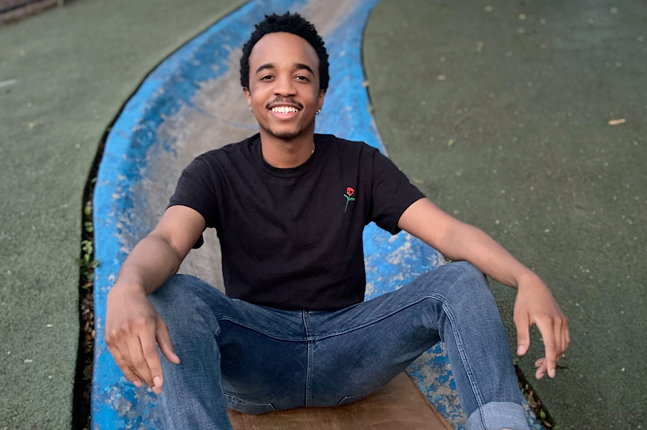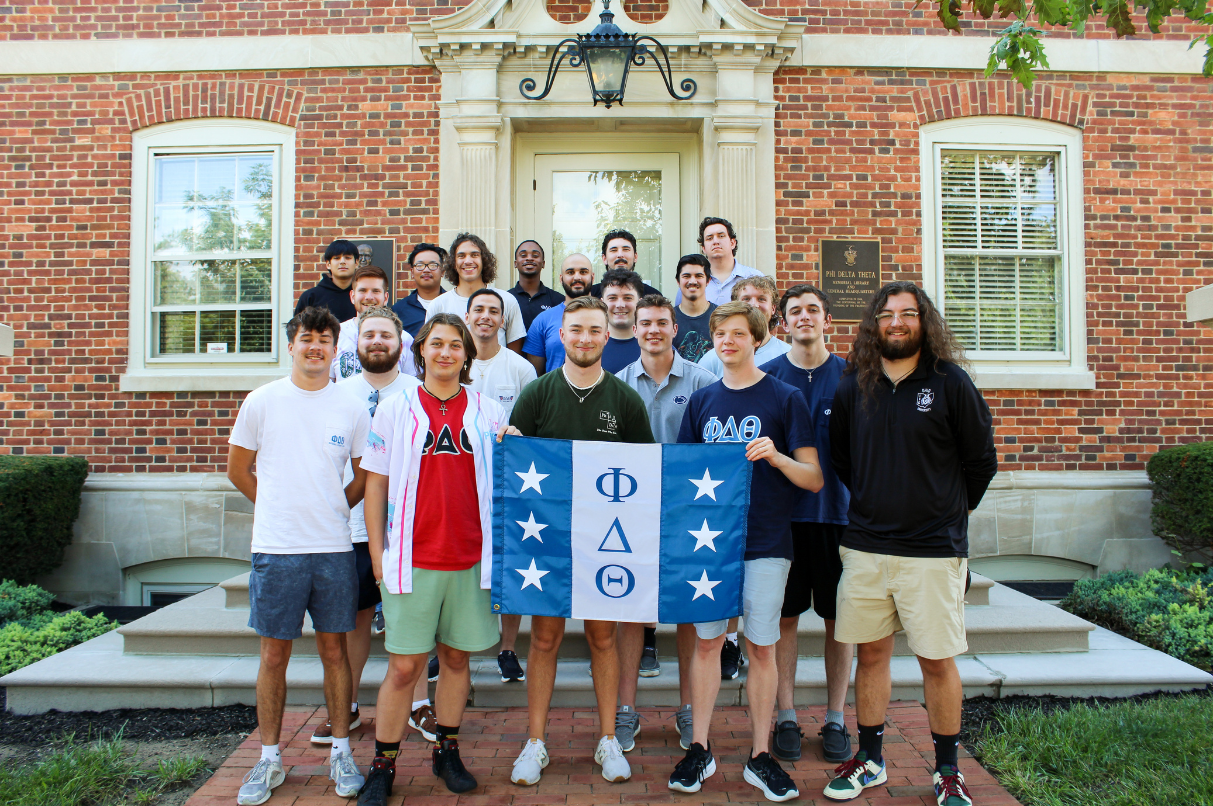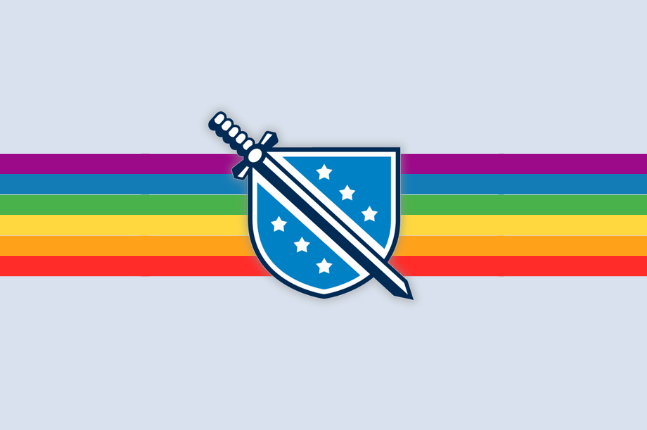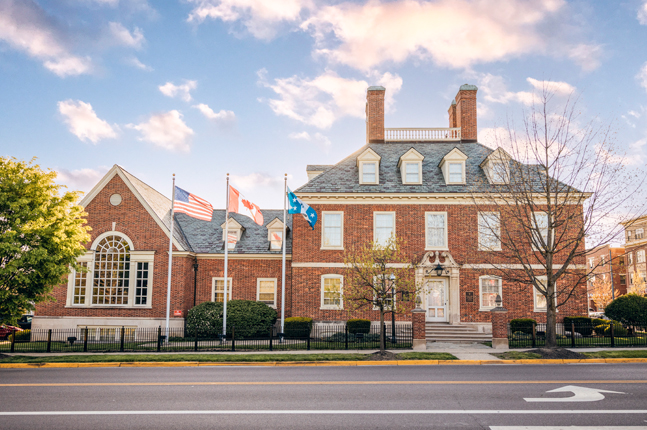By Gregoire Tremaine Rush, UNC-Charlotte ‘18
As our nation continues to grapple with racial injustice and turmoil, I write this not only as a Brother in the Bond, but as a black man who has experienced a lot of cognitive dissonance as a member of a Greek community that is historically and predominantly white. I’ve been a black man for twenty-four years, and I’ve only been a Phi Delt for four of them. For a really long time, I grappled with how those two identities could coexist.
I am a first-generation college graduate, and the only one of my family to join a Greek organization. When I arrived at college, I did not see the value in a fraternity experience, whether that experience was within a historically Black, white, or otherwise organization.
However, after becoming friends with a few of the members from the North Carolina Epsilon Chapter at UNC-Charlotte in spring 2016, and joining the chapter, this decision remains one of the best decisions in my lifetime.
I found comfort in sharing my successes and failures with my brothers. They celebrated my victories and strengthened my resolve to continue bettering myself when faced with challenges. These became favorite focal points and experiences as a college man.
Unfortunately, during my time as a member of Phi Delta Theta, I have also been subjected to internal conflict and general unease. I’ve experienced disdain and received discouraging comments from Greeks in other organizations, fellow brothers, distant relatives, and family friends who couldn’t comprehend how I, a black man, could choose to call these men my brothers.
As an example, police brutality and racial injustice has always been something that has directly and negatively impacted black people in communities across the world. Clearly, this is an issue that affects my life, and it would spark conversations. Usually, my chapter brothers would be there to help me through challenging issues, but in this case, not everyone could relate. Often, I was met with either passive indifference or overall disapproval for referencing these atrocities. Except for a few, it eventually got to a point where I felt collectively silenced and disregarded by these men to whom I had grown so close.
I also learned about “the clause” in the Fraternity’s history, which limited membership based on race. This clause was in place from 1912 until it was removed at the 1954 General Convention. Knowing this history caused some persistent doubt within myself on whether I had made the right decision to align with this organization or these men.
The sociocultural climate that we live in as fraternity men has changed a great deal since 1954; but as current events have shown, there is room to improve in order to be as supportive and as protective of our members, especially during times of crisis.
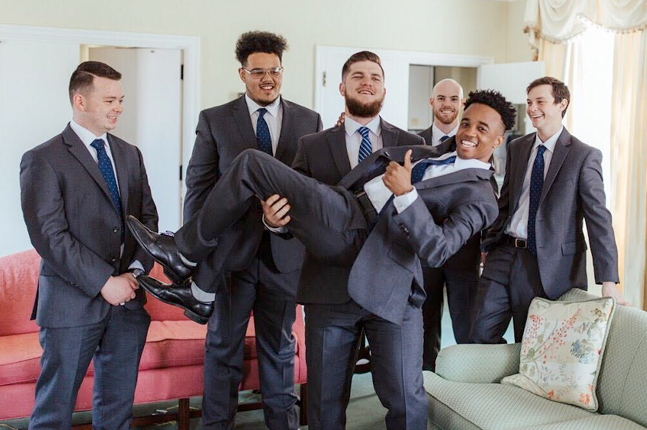
In June 2020, I completed my first year as a leadership consultant for Phi Delta Theta General Headquarters and have been dedicated to spreading and nurturing our Cardinal Principles in new members at the beginning of their own journeys to personal greatness.
Reconciling my early internal conflict wasn’t easy. I’ve considered the reasons behind every step I’ve taken on my journey as a man of Phi Delta Theta. If there is anything that brings me peace and resolve with that initial emotional malaise, it’s this. Whether the Phis who voted to pass “the clause” a century ago realized it or not, Phi Delta Theta’s greater mission as outlined in The Bond is paramount and applies to everyone regardless of the color of their skin.
Our open motto is, “We enjoy life by the help and society of others”; so whether black or white, I can really only be as happy as the rest of the people in the world with whom we share our human experience.
Thankfully, Phi Delta Theta has evolved since 1954 and has made progress including recent efforts to promote inclusion and increase diversity among our membership. It is a great start, but there is still more work to be done. I am not the first black Phi Delt, and I surely won’t be the last. I know that I have a solemn opportunity to be part of the change and have an impact on the lives of a diverse group of young men across North America.
Something else I’ve discovered is that the passive indifference I mentioned earlier doesn’t come from a lack of caring, but rather from a lack of understanding and knowledge. These issues are complex and can make some people uncomfortable. However, I was taught that the best thing you can do in these situations is ask. You’ll never be at fault for trying to understand and empathize with someone else’s struggle.
So, please check on your black brothers especially in these times of crisis, because I can say with an astronomical level of certainty that they are probably not okay. Please do not pretend or imagine that these injustices are not affecting them, their friends, and loved ones. Ask them how they’re holding up, ask them how they’re feeling, and more importantly, ask them what you can do to help. It’s always nice to have someone who listens. If you’re an undergraduate Phi and have begun returning to campus, prompt continued conversations about racism with your fellow brothers. Fraternities should be venues for tough conversations.
Finally, to our black brothers who may feel obligated to speak on issues that plague our community, please know that the struggle is not yours alone to bear. From the viewpoint of a GHQ staff member and as a brother who has experienced the same injustices, this is not your fight alone.
One man is no man. I encourage you all to continue “to do what ought to be done but what would not have been done unless you did it – because that is your duty.”

